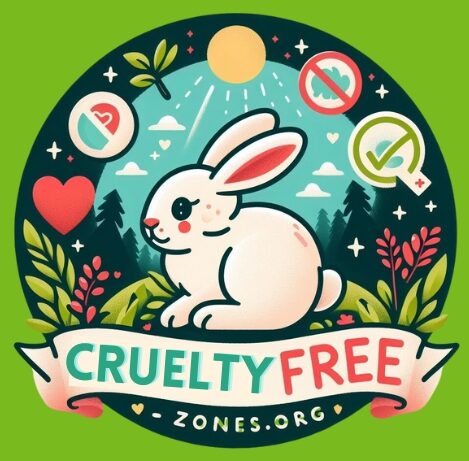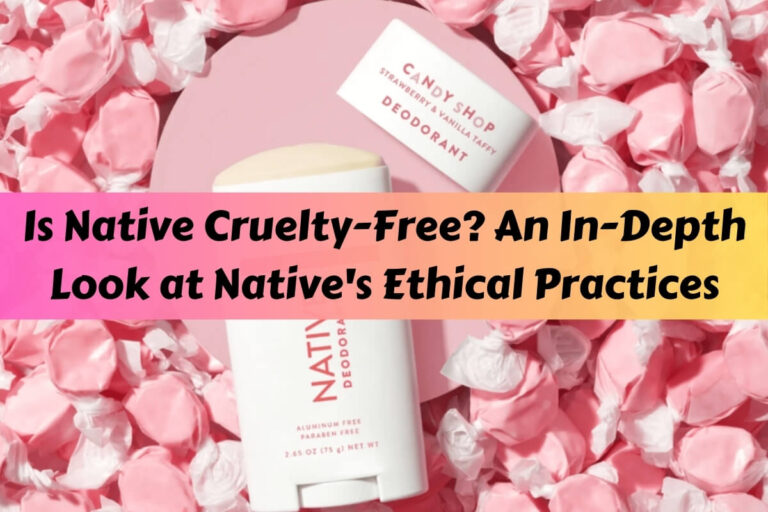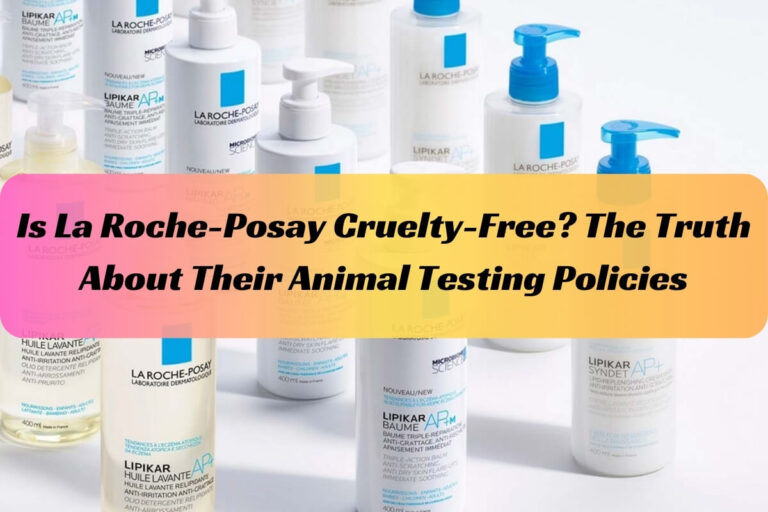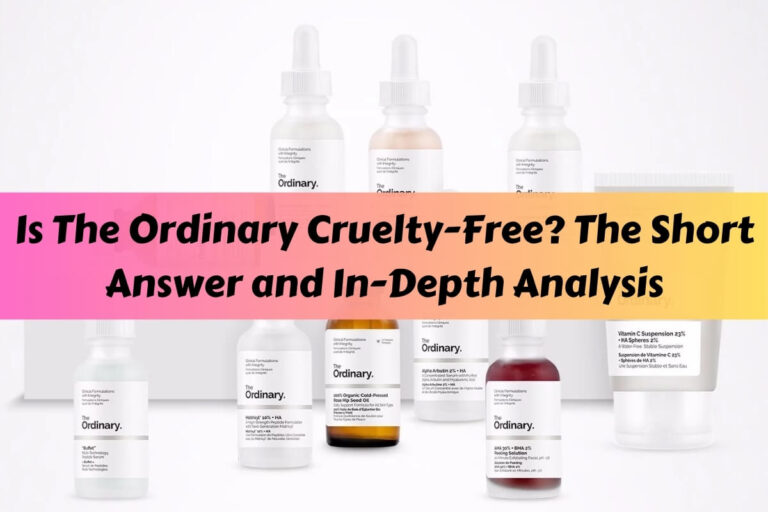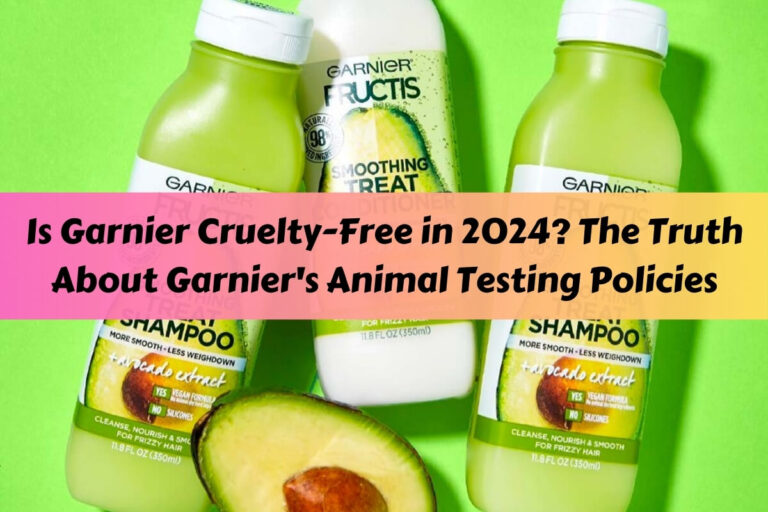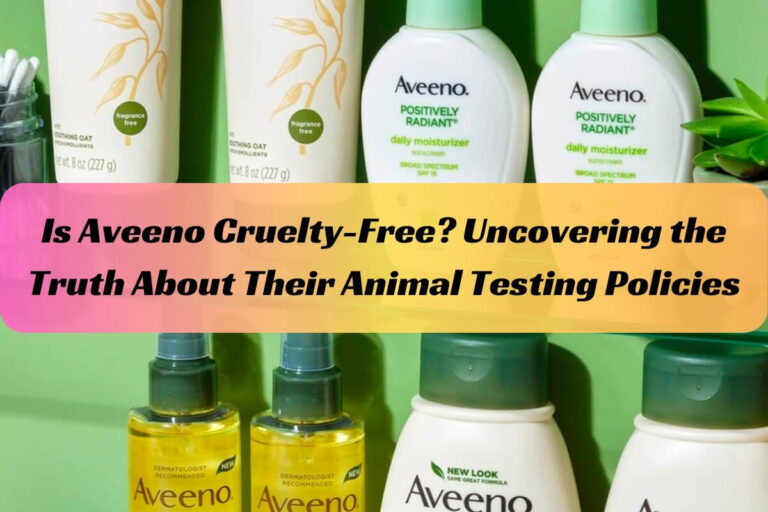Is Laneige Cruelty-Free in 2024? Truth About Animal Testing
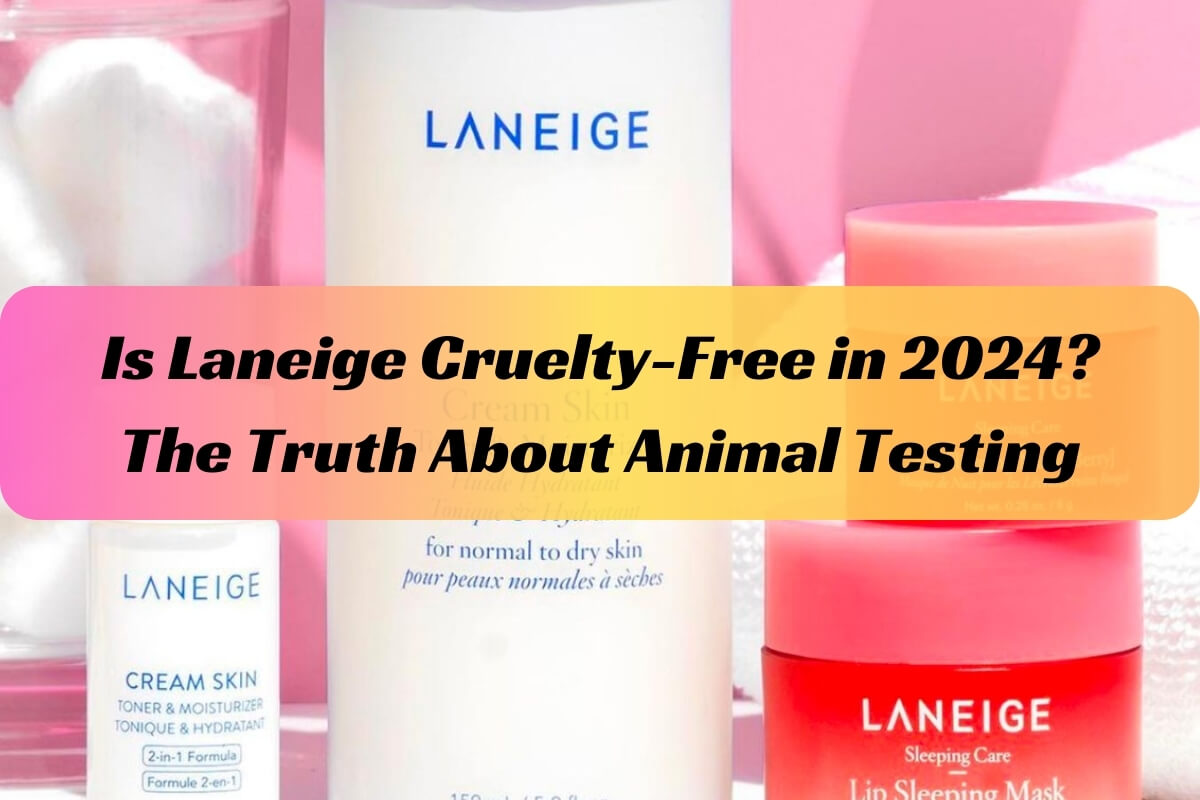
When it comes to choosing beauty products, more and more consumers are conscious about supporting cruelty-free brands. But with so many claims and certifications out there, it can be confusing to determine which brands truly follow ethical practices. This article aims to uncover the truth about whether Laneige, a popular K-beauty brand, is cruelty-free in 2024 or not.
We’ll explore what it means for a brand to be cruelty-free, dive into Laneige’s animal testing policies, and discuss whether the brand is vegan-friendly or owned by a cruelty-free parent company. Additionally, we’ll provide tips on identifying cruelty-free and vegan brands, and suggest ethical alternatives to Laneige if needed.
What Does It Mean to Be Cruelty-Free?
Before we dive into Laneige’s cruelty-free status, it’s essential to understand what “cruelty-free” truly means. A cruelty-free brand does not test its products or ingredients on animals at any stage of the production process. This includes not only direct testing by the brand but also testing conducted by suppliers, third-party laboratories, or required by law in certain countries.
The importance of cruelty-free products stems from the belief that animals should not suffer for the sake of cosmetics or personal care items. Cruelty-free brands seek to provide high-quality products without causing harm to animals.
Several organizations, such as Leaping Bunny and PETA, offer cruelty-free certifications to brands that meet their stringent standards. These certifications serve as a reliable indicator for consumers looking to support ethical and compassionate businesses.
An Overview of Laneige
Laneige is a South Korean skincare and cosmetics brand founded in 1994 by Amore Pacific, a leading beauty company in the region. The brand’s name, derived from the French word “la neige,” meaning “the snow,” reflects its focus on hydration and moisture-rich products.
Some of Laneige’s most popular offerings include the Water Sleeping Mask, Lip Sleeping Mask, and various skincare lines targeting concerns like anti-aging and brightening. The brand has gained a global following, particularly among K-beauty enthusiasts.
Laneige’s Animal Testing Policy
On Laneige’s official website, the brand’s parent company, Amore Pacific, has stated the following regarding animal testing:
“As an enterprise seeking peaceful coexistence between nature, human beings, and businesses, AMOREPACIFIC pledges elimination of unnecessary animal testing for cosmetics to respect all living creatures. We have voluntarily discontinued animal testing on cosmetic ingredients and finished goods since 2008. And as of May 1, 2013, will expand the non-animal testing policy to our suppliers. Through continuous cooperation with academia, AMOREPACIFIC will further enhance our efforts to develop alternative testing methods. Exceptions to this principle will apply, however, if animal testing is required or bound by local governments or laws.“
This statement is open to interpretation and raises several concerns regarding Laneige’s cruelty-free status.
Does Laneige Test on Animals?
According to the policy, Laneige itself does not directly test on animals. However, the brand’s parent company, Amore Pacific, leaves room for exceptions to this rule. These exceptions include instances where animal testing is required by local governments or laws.
Additionally, the policy does not explicitly address whether Laneige’s suppliers or third-party laboratories conduct animal testing on their behalf. This lack of transparency raises questions about the brand’s commitment to being truly cruelty-free.
Is Laneige Sold in China?
One of the primary concerns regarding Laneige’s cruelty-free status is its presence in the Chinese market. Until recently, animal testing was mandatory for most cosmetic products sold in physical stores in mainland China.
While some brands have found ways to bypass these animal testing requirements, such as by selling products exclusively online, it is unclear whether Laneige has taken similar measures. If Laneige’s products are sold in physical stores in mainland China, they have likely undergone animal testing to comply with local laws.
Is Laneige Owned by a Cruelty-Free Parent Company?
Laneige is owned by Amore Pacific, a South Korean beauty conglomerate. As mentioned earlier, Amore Pacific’s animal testing policy allows for exceptions when required by law or local governments.
This stance on animal testing has raised concerns among ethical consumers, as it suggests that Amore Pacific, and by extension, Laneige, may not be truly committed to being cruelty-free. Consumers need to consider the ethical practices of parent companies when evaluating a brand’s cruelty-free status.
Is Laneige Vegan?
In addition to being cruelty-free, many consumers also prioritize vegan products, which do not contain any animal-derived ingredients. While Laneige may offer some vegan product options, the brand itself does not claim to be 100% vegan.
Common animal-derived ingredients found in cosmetics include beeswax, lanolin, collagen, and carmine. Consumers interested in vegan products should carefully review Laneige’s ingredient lists or seek out vegan-certified alternatives.
Cruelty-Free and Vegan Certifications
Reputable organizations like Leaping Bunny, PETA, and the Vegan Society offer certifications to brands that meet their strict standards for cruelty-free and vegan practices.
Laneige is not certified cruelty-free by Leaping Bunny or PETA and does not have vegan certifications, making it unsuitable for consumers seeking cruelty-free and vegan products.
How to Identify Cruelty-Free and Vegan Brands
If you’re committed to supporting ethical and compassionate brands, it’s essential to do your research. While certifications from reputable organizations can provide valuable guidance, not all cruelty-free and vegan brands choose to seek certification.
When evaluating a brand’s cruelty-free and vegan status, consider the following steps:
- Check the brand’s official website for their animal testing policy and stance on animal-derived ingredients.
- Look for clear statements indicating that the brand, its suppliers, and third-party laboratories do not conduct animal testing.
- Review ingredient lists carefully to identify any animal-derived components.
- Consult reputable cruelty-free and vegan resources, such as blogs and online communities, for consumer reviews and recommendations.
- Reach out to the brand directly if you have specific questions or concerns.
Transparency and clear communication show a brand’s commitment to ethical practices.
Cruelty-Free and Vegan Alternatives to Laneige
For ethical alternatives to Laneige, consider cruelty-free and vegan skincare brands:
Cruelty-Free Skincare Brands:
- Skinfix
- Derma E
- Fenty Skin
Vegan Skincare Brands:
- Versed
- Youth to the People
- Glow Recipe
These brands prioritize ethical and sustainable practices while offering high-quality skincare products. Many of them are also considered “clean beauty” brands, which means they avoid the use of potentially harmful ingredients.
Conclusion: Making Informed Choices for Cruelty-Free Beauty
As conscious consumers, it’s our responsibility to make informed choices when it comes to the products we use. While Laneige’s animal testing policy and lack of cruelty-free and vegan certifications raise concerns, the decision ultimately lies with you.
If you prioritize supporting brands that are truly committed to being cruelty-free and vegan, it may bIf you prioritize cruelty-free and vegan brands, consider alternatives. If you’re willing to overlook concerns, Laneige may still be an option.
Regardless of your decision, it’s essential to continue educating yourself and making mindful choices that align with your values. Remember, every purchase is a vote for the kind of world you want to live in.
